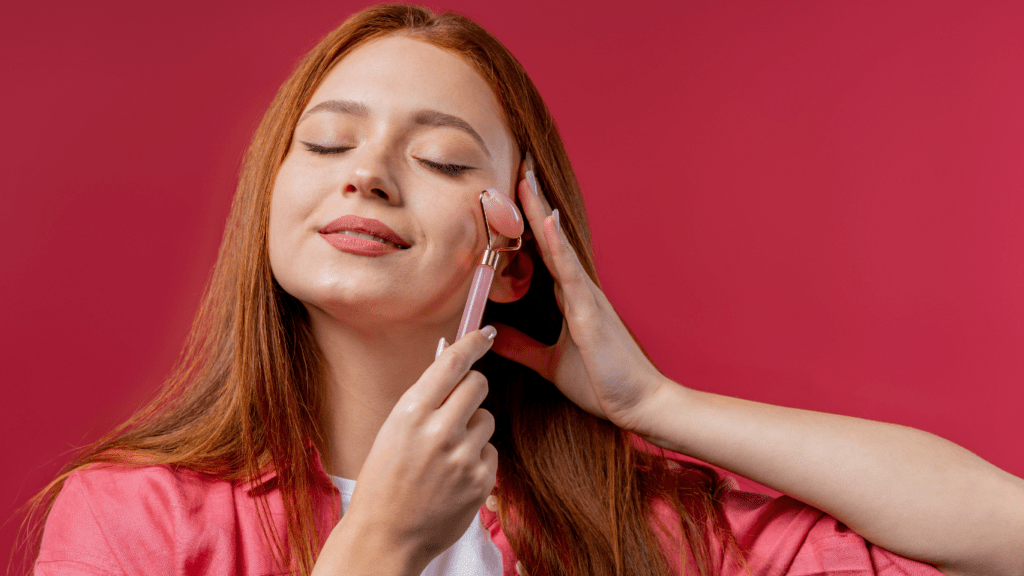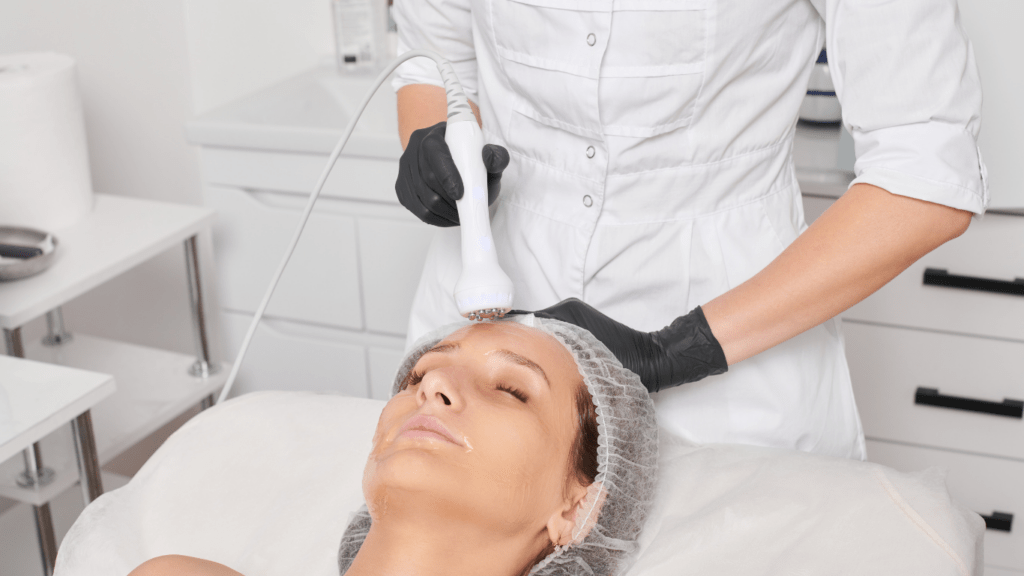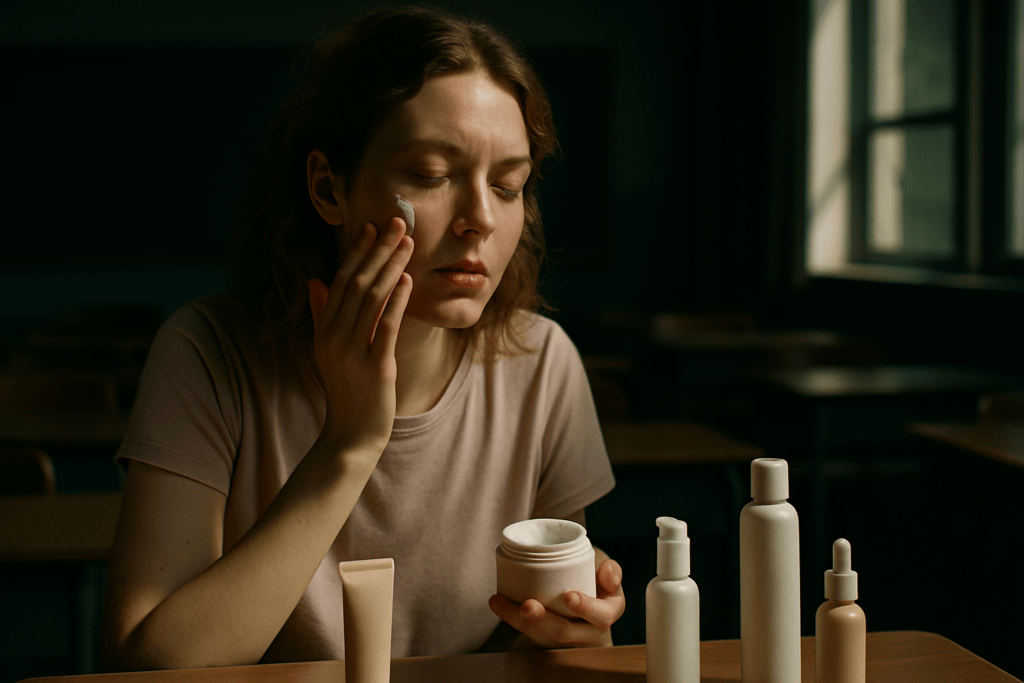Understanding the Aging Process
Aging affects everyone, manifesting visibly and invisibly. Skin loses elasticity, developing wrinkles and fine lines. Internally, cellular regeneration slows, and metabolic processes weaken. Lifestyle factors like diet and exposure to UV radiation from the sun accelerate aging.
Biological Changes
Several biological processes contribute to aging.
- Collagen production decreases, causing skin sagging and loss of firmness.
- Reduced elastin leads to reduced skin resilience.
- Free radicals, unstable molecules, damage cells and tissues, accelerating aging.
- Telomeres, the protective caps on DNA strands, shorten with each cell division, reducing cellular lifespan.
Environmental Factors
Environmental influences significantly impact aging. Sun exposure increases the risk of skin damage and accelerates photoaging. Pollution introduces free radicals, damaging skin cells. Smoking reduces blood flow to the skin, depriving it of oxygen and essential nutrients. Poor diet, lacking in antioxidants and essential vitamins, contributes to aging.
Genetic Predisposition
Genetics play a role in how we age. Some people inherit genes that make them more susceptible to wrinkles and age spots. Others may possess genes that offer some protection against visible signs of aging. Understanding familial aging patterns helps in anticipating potential skin aging issues.
Hormonal Changes
Hormonal shifts affect aging, particularly in women. Menopause reduces estrogen levels, leading to thinner, drier skin. Decreased testosterone in men can also impact skin density and elasticity. Hormone replacement therapy might mitigate some of these effects but requires medical advice.
Psychological Impact
Aging affects mental health. Stress and anxiety exacerbate visible aging signs. Mental wellness practices such as:
- mindfulness
- adequate sleep enhance overall well-being
- potentially slowing the aging process
Preventative Measures
Taking proactive steps can mitigate aging effects. Daily sunscreen application protects against UV damage. Antioxidant-rich foods neutralize free radicals, protecting cells. Hydration maintains skin plumpness and vitality. Regular exercise boosts circulation, delivering nutrients to the skin.
Understanding the aging process highlights areas for intervention. By addressing biological, environmental, genetic, hormonal, and psychological factors, effective anti-aging strategies can be employed.
The Best Anti-Aging Skincare Technique

Anti-aging skincare doesn’t have to be complex. Here’s how to get started with practical techniques.
Daily Skincare Routine
A daily skincare routine is essential for maintaining youthful skin. Start with a gentle cleanser to remove impurities. Toners help balance pH levels, while serums can deliver concentrated actives. Follow up with a moisturizer to lock in hydration. Use eye cream to target fine lines around the eyes.
Importance of Sunscreen
Sunscreen protects skin from harmful UV rays, a major cause of premature aging. Apply broad-spectrum sunscreen with at least SPF 30 every morning, even on cloudy days, to prevent sun damage and hyperpigmentation.
Effective Anti-Aging Ingredients
Incorporate effective anti-aging ingredients into your regimen for best results. Retinoids accelerate cell turnover and reduce wrinkles. Hyaluronic acid provides deep hydration. Vitamin C boosts collagen and brightens skin tone. Antioxidants like green tea extract and niacinamide protect against free radical damage, while peptides promote skin elasticity.
Lifestyle Changes for Anti-Aging
Making lifestyle changes plays a significant role in slowing the aging process. Incorporate specific habits to enhance overall well-being and maintain a youthful appearance.
Diet and Nutrition
Diet hugely impacts aging. Consuming antioxidant-rich foods, like berries and leafy greens, helps fight oxidative stress. Include omega-3 fatty acids found in fish and walnuts to support skin’s elasticity. Limit sugar and processed foods, as they accelerate aging and lead to inflammation. Stay hydrated by drinking eight 8-ounce glasses of water daily to keep skin plump.
Exercise and Physical Activity
Regular exercise improves circulation and delivers nutrients to skin cells. Engage in aerobic activities like running or swimming to boost heart health. Strength training helps build muscle mass, preventing sagging skin. Practicing yoga or pilates enhances flexibility, reducing the risk of injury and promoting graceful aging.
Sleep and Stress Management
Quality sleep assists in cell regeneration. Aim for 7-9 hours nightly to repair and rejuvenate skin cells. Manage stress with mindfulness practices such as meditation or deep breathing. Chronic stress increases cortisol levels, leading to premature aging. Prioritize relaxation techniques to balance hormones and maintain energy levels.
Incorporating these lifestyle changes significantly contributes to slowing down the aging process.
Advanced Anti-Aging Treatments
As natural aging progresses, advanced skincare methods offer more aggressive approaches to maintaining youthful appearances. These treatments target deeper skin layers and typically provide faster results.
Facial Treatments
Facial treatments offer an immediate boost to skin’s texture and appearance. Chemical peels, using alpha hydroxy acids (AHAs) or beta hydroxy acids (BHAs), remove the outer skin layer, revealing smoother skin beneath. Microdermabrasion exfoliates skin, enhancing texture and promoting new cell growth. Laser resurfacing employs focused light beams to reduce wrinkles, scars, and blemishes. These methods, though varying in intensity, improve skin’s vitality when incorporated correctly into skincare routines.
Injectable Solutions
Injectable solutions address aging by plumping the skin and reducing wrinkles. Botox, derived from botulinum toxin, temporarily paralyzes muscles, diminishing the appearance of fine lines. Dermal fillers containing hyaluronic acid or poly-L-lactic acid fill wrinkles and restore volume. Platelet-rich plasma (PRP) therapy uses one’s blood platelets to stimulate collagen production, enhancing skin elasticity. These injectables, administered professionally, offer targeted anti-aging effects.
Technological Innovations
Technological innovations revolutionize anti-aging treatments. Intense Pulsed Light (IPL) therapy uses broad-spectrum light to treat sun damage, reduce age spots, and improve texture. Radiofrequency treatments tighten skin by heating deep layers, stimulating collagen production. Ultrasound therapy, such as Ultherapy, focuses sound waves to lift and tighten skin non-invasively. These technologies provide effective, cutting-edge solutions for those seeking advanced anti-aging results without invasive procedures.
Natural Remedies for Anti-Aging
Natural remedies play a crucial role in the quest for youthful skin. Here, I’ll explore herbal supplements and DIY skin treatments that combat aging.
Herbal Supplements
Herbal supplements offer natural anti-aging benefits. Ginseng, known for its antioxidant properties, boosts skin elasticity. Turmeric, rich in curcumin, fights inflammation and reduces wrinkles. Green tea extract contains catechins that protect against UV damage and improve skin health. For better collagen production, incorporate Gotu Kola, which enhances skin firmness. Before starting any supplements, consult with a healthcare provider to ensure safety and efficacy.
DIY Skin Treatments
DIY skin treatments provide cost-effective anti-aging solutions. Honey masks hydrate skin due to honey’s humectant properties. Aloe vera gel soothes irritation, and its antioxidants help repair sun damage. Oatmeal scrubs gently exfoliate, removing dead skin cells and promoting new cell growth. Avocado masks, rich in healthy fats and vitamins, nourish and moisturize skin. Always perform a patch test before using a new ingredient to avoid allergic reactions or irritation.


 Creative Director at Divine Glamour Trail, is the visionary behind the platform, which is dedicated to bringing readers the latest trends in hairstyles, beauty, and skincare. With a passion for timeless fashion and expert style guidance, George provides tips, secrets, and updates that empower individuals to enhance their personal style. His platform is a go-to source for anyone looking to stay ahead in the fashion game, combining modern trends with timeless elegance to help readers feel confident and look their best.
Creative Director at Divine Glamour Trail, is the visionary behind the platform, which is dedicated to bringing readers the latest trends in hairstyles, beauty, and skincare. With a passion for timeless fashion and expert style guidance, George provides tips, secrets, and updates that empower individuals to enhance their personal style. His platform is a go-to source for anyone looking to stay ahead in the fashion game, combining modern trends with timeless elegance to help readers feel confident and look their best.
